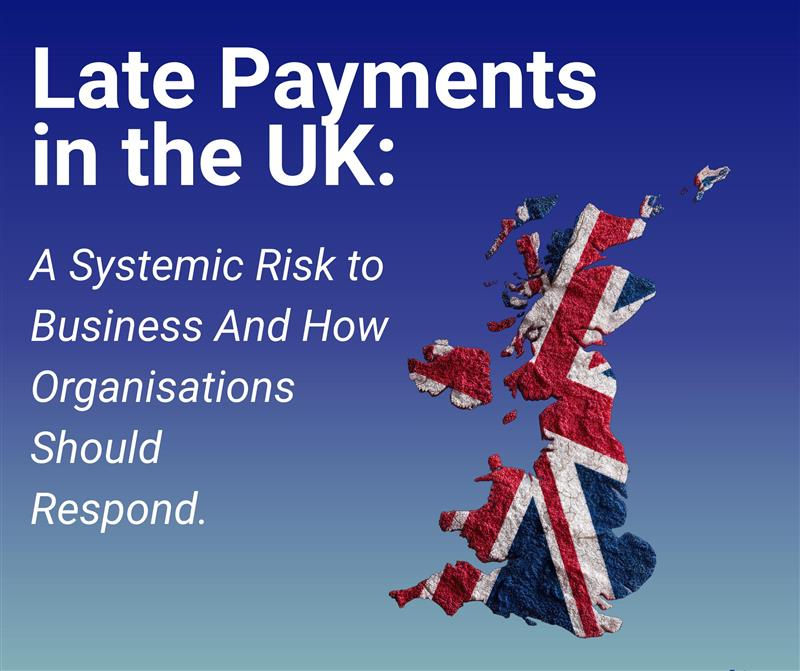The Welsh Language Act: Why Bilingual Enforcement Matters
- lilia9412
- Oct 24, 2025
- 2 min read
At APD Civil Enforcement Services, we understand that being in debt is never a choice, and during difficult financial times, clear communication matters more than ever. For many people in Wales, that means being able to speak, read, and receive support in their first language - Welsh.
Why the Welsh Language Matters
Around 26.9% of people in Wales speak Welsh as their first language, and many more as a second language. When someone receives enforcement or debt correspondence only in English, it can create confusion, stress, and feelings of exclusion. Clear communication in the preferred language helps people engage positively, understand their obligations, and resolve matters faster.

Legal Rights Under the Welsh Language Act
The Welsh Language Act 1993 and the Welsh Language (Wales) Measure 2011 give Welsh official status and ensure the language is treated equally in public life. This means people in Wales have the right to use Welsh in their dealings with public bodies. Increasingly, private companies are expected to meet similar standards, especially in ethical service delivery.
Recent Court Decisions in Wales
Case 1: Toni Schiavone (2020)Welsh-language campaigner Toni Schiavone refused to pay a parking charge issued only in English, requesting a bilingual version instead. The court ruled that the private parking company, One Parking Solution, was not legally required to provide Welsh notices. However, the case highlighted how failing to offer bilingual communication can harm a company’s reputation and public trust.(BBC News)
Case 2: Elysteg Llwyd Thomas v. Simple Intelligent Parking Ltd (2023)Elysteg Llwyd Thomas received a parking fine in Anglesey and asked for bilingual correspondence. When the company refused and increased the fine, a civil court ruled that English-only notices were insufficient in Wales , warning that all signage and correspondence should be bilingual.(Nation Cymru)
Case 3: Jamie Bevan v. Merthyr Tydfil Magistrates' Court (2012)Activist Jamie Bevan protested the lack of Welsh-language correspondence within the court system, drawing national attention to the need for bilingual communication in public services.(BBC Cymru Fyw)
Key Takeaways
Welsh-language rights are central to many disputes involving communication and fairness.
Businesses offering bilingual documents reduce legal risk and build public confidence.
Ethical enforcement means respecting language preferences, not treating them as a formality.
Our Commitment to Bilingual Service
At APD Civil Enforcement Services, we are proud to offer bilingual services across Wales, including Welsh-language documentation, Welsh-speaking agents, and administrative support. Whether we’re working on local taxation (liability orders), PCN and any other civil enforcement activities, every client has the right to engage with us in their language of choice be it Welsh, English or other languages.
Why Choose APD Civil Enforcement Services
Bilingual documentation and communication across Wales
Trained agents ensuring quality and fairness
Sensitive handling of vulnerable individuals
Industry-leading technology with a personal touch
Commitment to equality, transparency, and respect
Building a Fairer Wales
At APD, we believe enforcement should never feel aggressive or confusing, and certainly not because of language. By supporting bilingual communication, we help people understand their rights, reduce stress, and reach solutions faster.
If you’d like to learn more about our bilingual enforcement services across Wales, contact us today.
_edited.png)



Comments